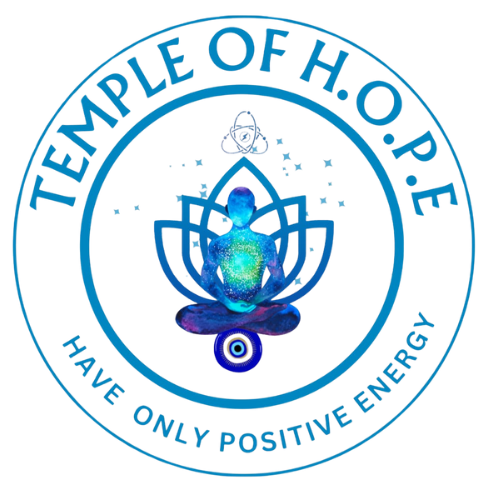Marriage, an institution as old as civilization itself, has often been romanticized, criticized, and hotly debated. With changing societal norms and individual expectations, some people have started questioning the relevance and authenticity of marriage, even going so far as to label it as a 'scam'. This blog aims to explore the multifaceted nature of marriage, examining its traditional roots and modern interpretations to understand its place in contemporary society.
Historical and Cultural Significance of Marriage:
Historically, marriage has been a cornerstone of society, serving various purposes:
Social Stability: Traditionally, marriage was about forming alliances, ensuring social stability, and passing on lineage.
Cultural Rituals: Each culture has its unique customs surrounding marriage, often deeply rooted in religious or spiritual beliefs.
Economic Union: Marriage was, and often still is, a means of securing economic stability and pooling resources.
The Modern Critique:
In modern times, the institution of marriage has come under scrutiny:
Perceived Loss of Freedom: Some view marriage as an outdated institution that restricts personal freedom and self-expression.
Commercialization: The extravagant commercialization of weddings often leads to the questioning of the genuine emotional value of marriage.
Rising Divorce Rates: With increasing divorce rates globally, there's a growing skepticism about the viability of marriage as a lifelong commitment.
Marriage: A Scam or a Choice?
Labeling marriage as a scam might be an oversimplification. Marriage, like any other institution, has its pros and cons, and its relevance or irrelevance is highly subjective.
A Personal Choice: For many, marriage remains a beautiful commitment of love, trust, and partnership.
Legal and Social Benefits: Marriage offers legal security, social recognition, and numerous benefits in terms of health, finances, and parenting.
It's About Evolution, Not Scam: The institution of marriage is evolving, not necessarily diminishing. Today, it's more about emotional connection and mutual growth than merely societal obligation.
The Role of Individual Beliefs and Societal Norms:
The perception of marriage greatly depends on personal beliefs and societal norms:
Cultural Diversity: In some cultures, marriage continues to be a significant and cherished tradition.
Personal Values: Individual experiences, beliefs, and values shape one's view of marriage.
Societal Expectations: Societal pressure can sometimes overshadow the personal desire regarding marriage.
Conclusion:
Whether marriage is a scam or a sacred union is a matter of personal perspective, shaped by cultural, social, and individual factors. While it's essential to critique and understand the changing dynamics of marriage, it's equally important to respect it as a personal choice. Marriage, in its essence, is not just a societal construct but a journey of companionship and love, which can be as rewarding or challenging as the partners involved make it.
What are your thoughts on the institution of marriage? Do you view it as an outdated concept, or does it hold a special significance for you? Share your perspectives in the comments below and join the conversation on the evolving nature of marriage in today's world.
News
Is Marriage a Scam? A Thoughtful Exploration of the Institution





